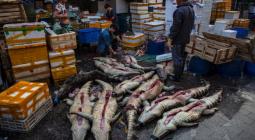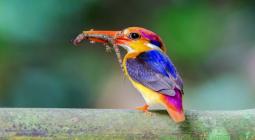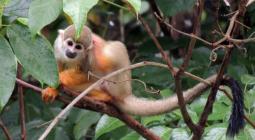Human quarantines are helping wild animals. Conservationists want more protections.
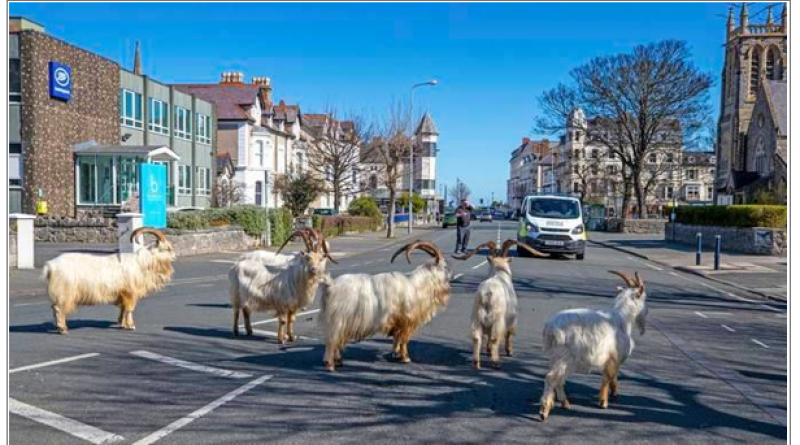


“They’re taking the town back. It’s now theirs," Stuart said of the goats.
With everyone inside, Stuart added: “Nothing is stopping them.”
Here are the goats on the lam:
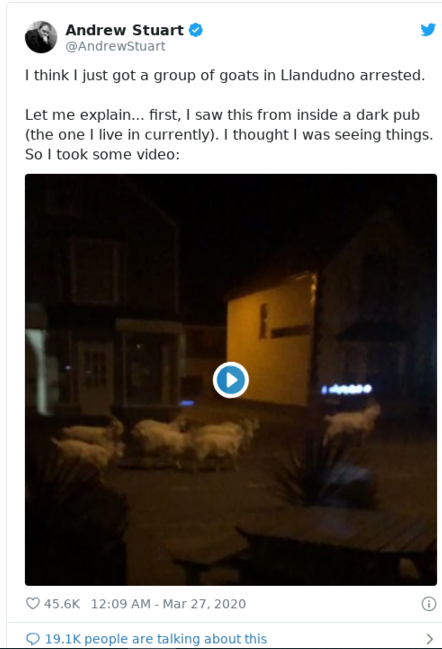
Conservationists hope the pandemic brings more opportunity to secure environmental protections.
They, along with animal rights activists, tell McCoy it's possible that the benefits to wild animals will go beyond the short term.
“I am hopeful,” anthropologist Jane Goodall told The Post. “I am. I lived through World War II. By the time you get to 86, you realize that we can overcome these things. One day we will be better people, more responsible in our attitudes toward nature.”
Three-quarters of emerging diseases come from animals.
And research suggests the risks are “exacerbated by deforestation, hunting and the global wildlife trade, particularly in exotic or endangered species,” per McCoy. Wildlife markets “have been linked to both severe acute respiratory syndrome (SARS) and covid-19, the disease caused by the coronavirus.”
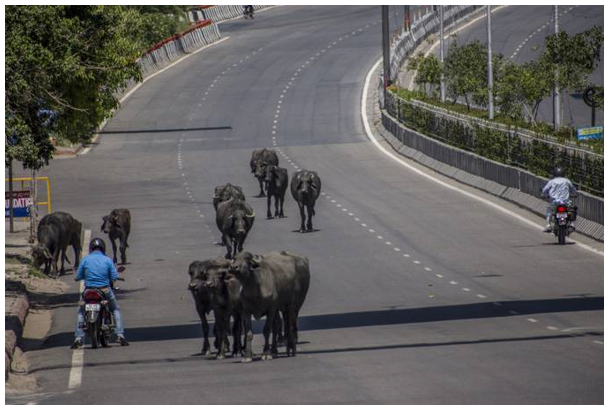
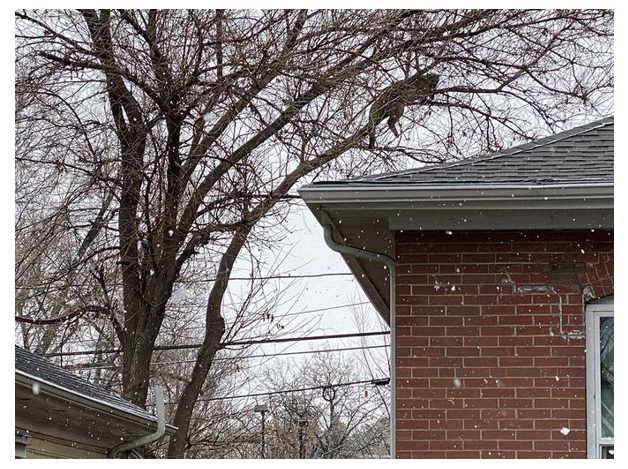
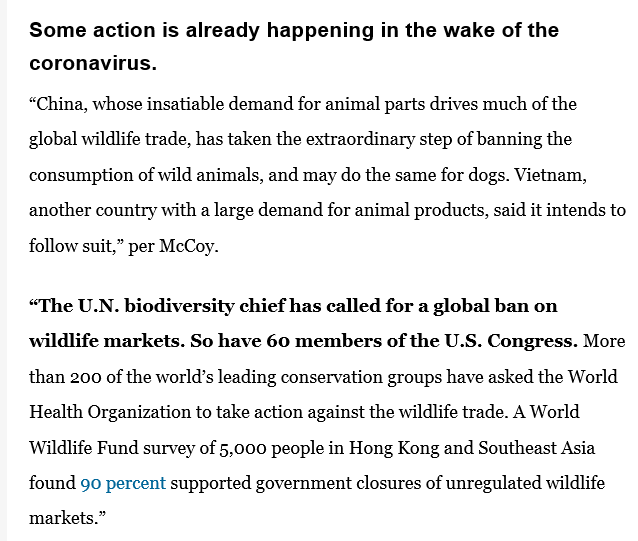
This is all having an impact on demand for illegal wildlife trafficking. “The ripple effects of enforcement in Asia could be felt as far away as Latin America, where jaguars and turtles are hunted and killed to meet demand in China,” McCoy writes
17 April 2020
The Washington Post

